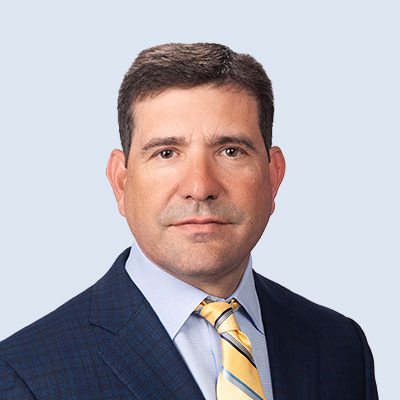Aligning Talent Management Practices to a Shifting Environment


Shaping 2022 sales strategies
Heading towards 2022, top healthcare sales organizations race to align their talent management practices to a new, evolving customer landscape and market environment. Specifically, 2021 Alexander Group research finds that top organizations place a strong emphasis on aligning virtual sales, talent retention and incentive compensation practices to new external realities because they see them as essential to capturing growth.
2021 Healthcare Industry Performance Exceeds Expectations
After achieving only 1% growth in 2020, healthcare leaders set healthy, optimistic goals for 2021. Healthcare sales leaders projected 11% revenue growth at the start of 2021 and 62% of healthcare companies have exceeded their initial projections so far this year, in part buoyed by the opportunity to gain ground on lost sales 2020 volume. Overall, the healthcare industry is on pace to achieve ~12% growth in 2021, but when adjusted for two-year sales volume, data shows that healthcare companies are realistically back at pre-pandemic growth levels of 5%-6% per year.
Because healthcare companies have realized 11% growth (two years of sales) in one year, incentive payments have risen dramatically in 2021, with most companies exceeding budget.
In-person Access Remains Restricted; Virtual Sales Practices Grow
With the U.S. seemingly emerging from COVID restrictions in Spring and Summer, the industry hoped that healthcare facilities would permanently reopen their doors to vendors. But with the spread of the COVID delta variant and subsequent closures, access has once again been indefinitely restricted. Reps and providers still prefer in-person meetings, but facilities are not ready to fully re-open their doors. As such, vendors are increasingly focused on digital engagement: Alexander Group’s latest research shows 96% of revenue leaders expect virtual sales to increase as 75% of sellers visited sites less frequently.
Virtual engagement is here to stay. Healthcare sales leaders expect sellers to spend about 30% of their engaged selling time virtually, thus virtual enablement tools and training continue to be essential leaders indicate that it is critical for their sales organizations to operate efficiently and effectively in a virtual environment. As they develop their 2022 plans, they report that deploying the right tools, training and talent will be essential for continued growth. And clearly defined roles for internal sales teams and field reps will maximize talent resources.
Turnover Returns to Pre-pandemic Levels
Salesforce turnover fell below historical rates in 2020 as workers abstained from changing jobs during a period of peak uncertainty. Alexander Group research recorded single-digit turnover during 2020, with sales leaders expecting only a minimal increase in 2021. Alexander Group research shows that 73% of companies have experienced between 5-15% turnover this year, which aligns to pre-pandemic levels. Leaders report that successful tactics for reducing sales turnover include setting fair and equitable quotas, aligning incentive pay for performance and ensuring it reflects changing market realities, as well as developing a strong culture connected to the organization’s mission and values.
As Market Uncertainty Continues to Loom, Leaders Rely Heavily on SPIFFs
Alexander Group’s latest research shows 36% of healthcare companies are utilizing more than 11 spiffs per year for any given front-line seller (years 2020-2021). This number has dramatically increased in past years, as organizations look for creative, flexible ways to drive seller engagement without major, costly structural overhauls to compensation.
Leaders tell us that while it’s important to deploy the right number of spiffs, having too many in the sales compensation plan may signify an underlying structural problem with the plan. Too much spiff usage can dilute the effectiveness over time. Additionally, in using SPIFFs, organizations should consider the type of reward. Our research indicates that 54% of healthcare companies primarily provide cash as a spiff reward, but leaders tell us that other, non-monetary rewards may provide more perceived value at a lower cost.
2022 Planning: The Importance of Agility in Today’s Environment
As sales leaders plan 2022, they may benefit from incorporating new business realities that affect both growth goals and sales compensation plans. And leaders indicate that agility will be a key tenant of success heading into 2022. Organizations that can shift and adapt accordingly to externalities will undoubtedly set themselves up for success. Agility manifests in many forms across the talent management spectrum, including virtual engagement, customer and employee-centric culture, and flexible compensation structures. And in today’s uncertain healthcare landscape, leading organizations are flexible, thoughtful and prepared for continual adaptation.
Stay in the Know
To keep a pulse on the latest healthcare sales and comp trends, participate in Alexander Group’s latest Healthcare Commercial Trends and Sales Benchmarking Research and attend an upcoming virtual roundtable session.
_______________________________________________
Recommended Insights:
Healthcare Commercial Research: Strategies | Insights | Metrics
Healthcare on Target to Grow Revenue in 2021 in the Second Half